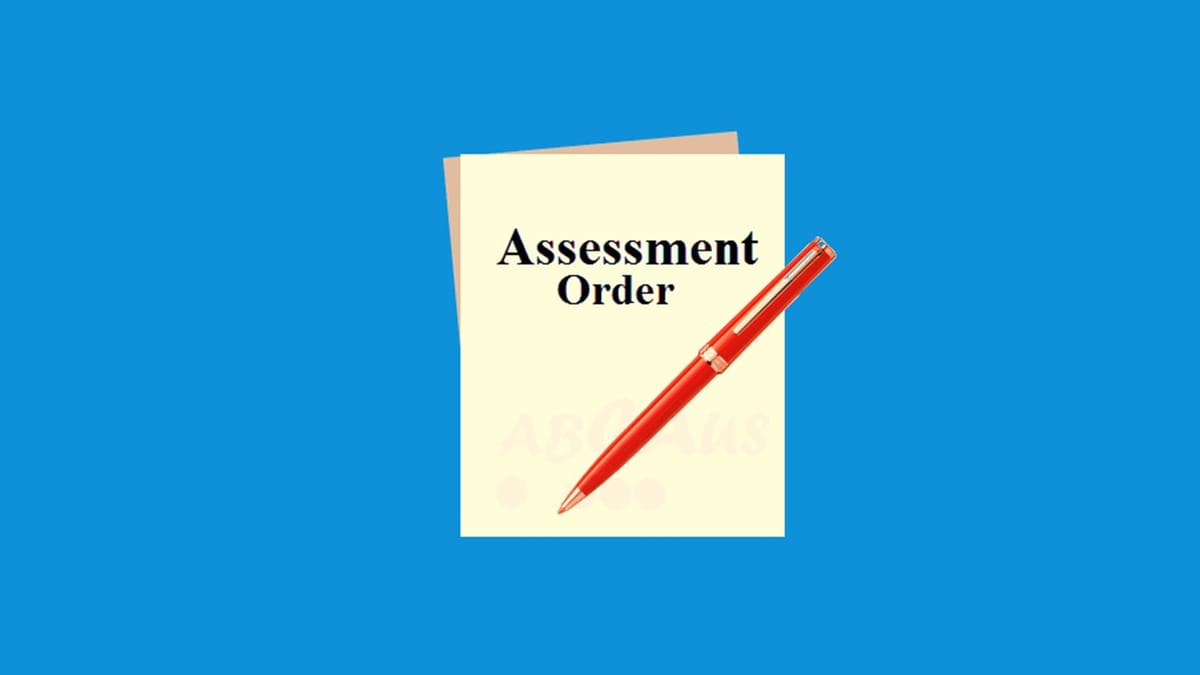For invoking jurisdiction u/s 263 assessment order passed by AO should be prejudicial to the interest of revenue: ITAT
Deepak Gupta | Jun 2, 2022 |

For invoking jurisdiction u/s 263 assessment order passed by AO should be prejudicial to the interest of revenue: ITAT
The Income Tax Appellate Tribunal (ITAT) in the matter of Siddhagiri Gurukul Foundation vs The CIT ( Exemption) said that for the purpose of invoking the jurisdiction u/s 263 of the income tax act, the assessment order passed by the learned assessing officer should be erroneous so far as prejudicial to the interest of revenue.
ITAT found that the assessment order has been passed by the learned assessing officer u/s 143 (3) of the act on 1/12/2018 determining the total income of the assessee at Rs Nil. While computing the total income of the assessee in the body of the assessment order, learned assessing officer considered the income from other sources at ₹ 80,416,040/–, thus, did not include a sum of ₹ 5,369,864/–. However while preparing the computation sheet, the voluntary contribution of ₹ 5,369,864/– was also included in the gross total income thus determining the gross income at ₹ 86,005,904/–. Along with the assessment order computation sheet of total income was also given.
12. The learned CIT held that not including a sum of ₹ 5,369,864/– in the working of total income in the body of assessment order, though included in the computation sheet attached with the assessment order makes the order passed by the learned assessing officer erroneous and prejudicial to the interest of the revenue. We find that the learned assessing officer has though not mentioned sum of ₹ 5,369,864/– being the amount of voluntary contribution in the total income in the body of the assessment order, but it has already been taken in the computation sheet accompanying the assessment order. Therefore, the income is correctly computed in computation sheet. Therefore, we agree that in the assessment order, the learned assessing officer should have mentioned the correct figure; however, as the correct income has been computed in the computation sheet, which is also part of the assessment order, the order passed by the learned assessing officer is not prejudicial to the interest of the revenue. This is so because the total income of the assessee is also computed at Rs Nil at both the places. Further, Assessee has incurred expenditure towards the object of the trust of ₹ 82,816,931/– against which the learned assessing officer in body of assessment order has recorded it at ₹ 77,447,067/–, thus there is an exact difference of ₹ 5,369,864/– in the accumulation taken by the learned AO in the body of assessment order as well as in the computation sheet. Thus, there is merely an arithmetic inaccuracy in the computation in the assessment order. However, assessee has been assessed correctly. Thus, the learned CIT invoked the provisions of Section 263 of the income tax act merely to correct a typographical error made by the learned assessing officer which could have been rectified u/s 154 of the act.
13. Further, on the second issue of depreciation on assets, the assessee in the assessment proceedings has clearly stated that it has not claimed depreciation as an application of income. The learned CIT also did not mention the same in his order u/s 263 of the act.
14. The learned CIT passed an order u/s 263 of the act only for the reason that assessee has admitted in the submission that the AO has not considered the amount of donation in gross receipts in the body of assessment order and there is an error. The assessee mentioned so that it has not been included in the computation made in the assessment order, however, the assessee has categorically stated that it has already been included in the income of the assessee. This was also shown by showing the computation sheet. Thus, though there is some error in the computation of income in the body of the assessment order, however, there is no error in the computation sheet of total income. Even otherwise, in both the cases the total income of the assessee is computed at nil i.e. in the body of the assessment order as well as in the computation sheet.
15. For the purpose of invoking the jurisdiction u/s 263 of the income tax act, the assessment order passed by the learned assessing officer should be erroneous so far as prejudicial to the interest of revenue. In the present case we do not find that any prejudices is caused to the revenue. In view of this, we quash revisionary order passed by the learned CIT u/s 263 of the Income Tax Act on 16/3/2021 for assessment year 2016 – 17.
16. Accordingly, appeal of the assessee is allowed.
To Read Judgement Download PDF Given Below:
In case of any Doubt regarding Membership you can mail us at [email protected]
Join Studycafe's WhatsApp Group or Telegram Channel for Latest Updates on Government Job, Sarkari Naukri, Private Jobs, Income Tax, GST, Companies Act, Judgements and CA, CS, ICWA, and MUCH MORE!"